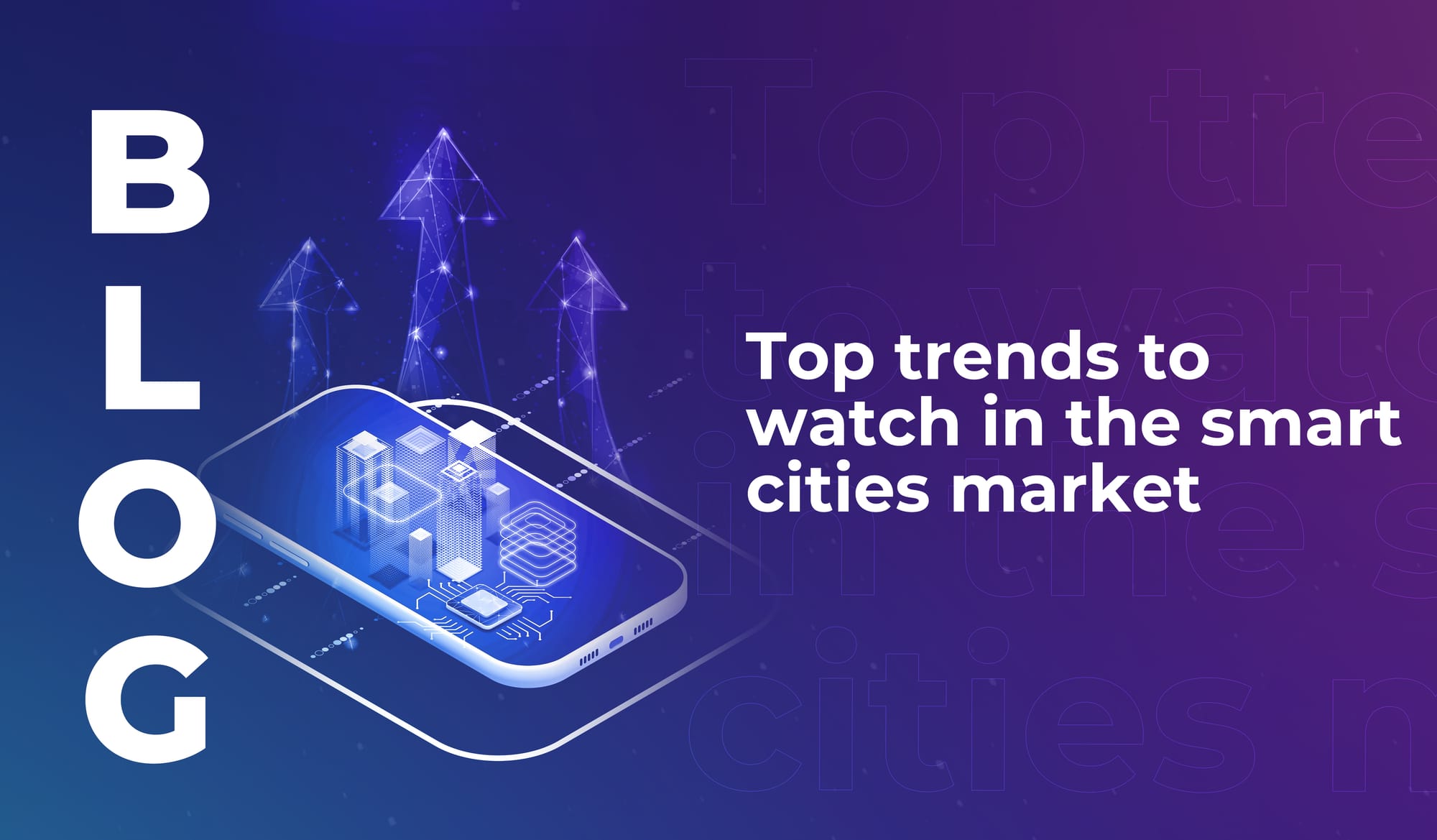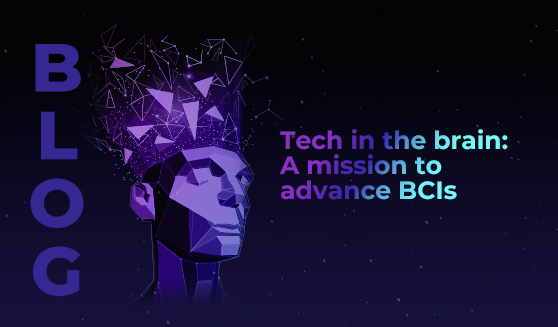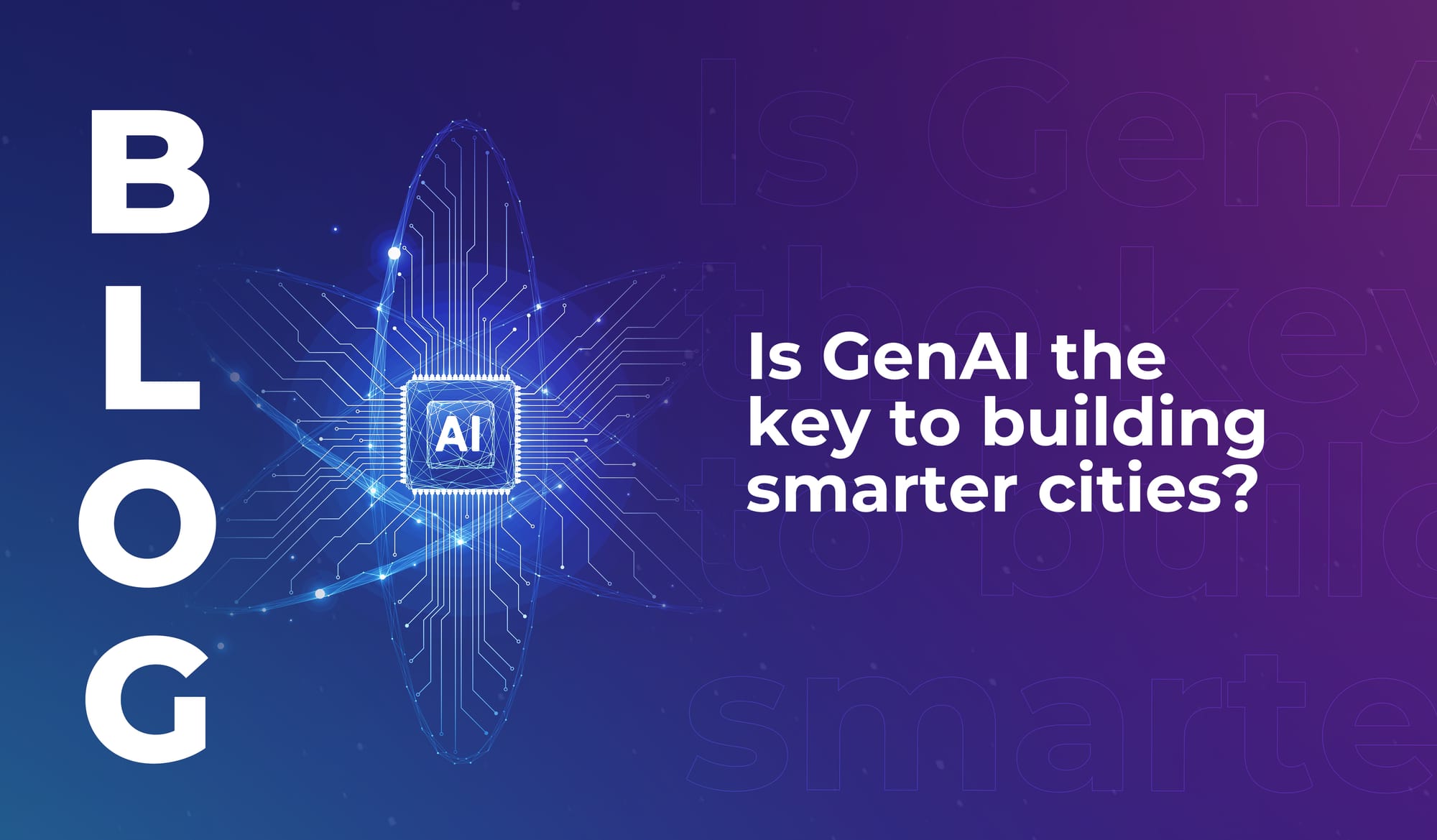
Top trends to watch in the smart cities market
Explore key smart city market trends for 2025–2030, from EV infrastructure to AI-powered waste systems – backed by the latest industry report.


Professor Thomas Oxley (CEO at Synchron) is a vascular and interventional neurologist – and a world-leading expert in brain computer interfaces (BCIs). He has performed more than 1,600 endovascular neurosurgical procedures, giving him a unique perspective into the human brain.
As founding CEO of Synchron, he’s on a mission to learn more about how our brains work; and create neurotechnology that allows people to control digital devices using their thoughts. With over USD $140 million raised, the company’s first product is in human clinical trials.
We asked Oxley about his fascination with neurology – and he told us one thing he wishes everyone knew about brains.
“When I was in medical school, I often saw patients struggling from neurological disease – with fully functioning minds but unable to move or communicate. I often felt frustrated by the inability to treat or help patients living in these conditions.
“During that time, I was studying interventional neurology alongside one of my now co-founders, Dr. Rahul Sharma, who was studying interventional cardiology. At the time we were already using catheter-based techniques to treat the likes of heart attacks and now strokes, so I thought – why not use it as a platform to deliver advanced BCI technology? “His love of the heart and my love of the brain was the impetus for starting down the path that led to Synchron.”
“I am endlessly fascinated by all three. One of the reasons we’re approaching BCI in this way, is because it provides access to the brain without disrupting it.
“Think of the vascular system as the brain's natural highways. If we can reach previously unreachable parts of the brain, we can learn about them.
“Ultimately, I think the more we learn about how the brain works, the better we’ll understand both others and ourselves. We’re lucky to be living in a time where interventional neurology and tech are rapidly outpacing other advancements in medicine, leading to very powerful advancements in our understanding of and access to the brain.”
“There have been so many moments that have excited our team and patients alike. Over the last 12 years, we’ve seen patients do things like shop, control environmental tech, communicate with loved ones and play Pong.
“Recently, one of our biggest breakthroughs on the horizon is that we’ve built an automated decoder – the decoder being the piece of tech that interprets brain activity and converts it into a digital motor output, like a ‘click’. We believe we’ve built a decoder that will work out of the box and won’t require individual automation. This is fundamental in making our device easy to use and is an advancement we’re really excited about.”
“I would love for more people to realise that most of our behaviours are driven by unconscious irrational whims. We don’t really know why we do what we do. Actions tend to only be rationalised by the conscious mind after we have already done them. I’m hoping that our work can some day shine a light on how our minds truly work.”
“I’m always eager to attend events like LEAP because it provides an opportunity to drive innovation through exposure to new ideas. It’s a special thing to be in the same room as so many brilliant people, pushing tech forward.”
Thanks to Thomas Oxley at Synchron, Inc. Did you miss LEAP 2024? Don’t worry – join us in Riyadh for the 2025 edition.

Explore key smart city market trends for 2025–2030, from EV infrastructure to AI-powered waste systems – backed by the latest industry report.

Learn how generative AI is unlocking the true potential of digital twins – to make smart cities more efficient, inclusive, and citizen-focused.

The smart cities of the future will use tech to lower emissions, cut urban temperatures, and improve quality of life in highly populated areas.

Explore key smart city market trends for 2025–2030, from EV infrastructure to AI-powered waste systems – backed by the latest industry report.

Learn how generative AI is unlocking the true potential of digital twins – to make smart cities more efficient, inclusive, and citizen-focused.

The smart cities of the future will use tech to lower emissions, cut urban temperatures, and improve quality of life in highly populated areas.